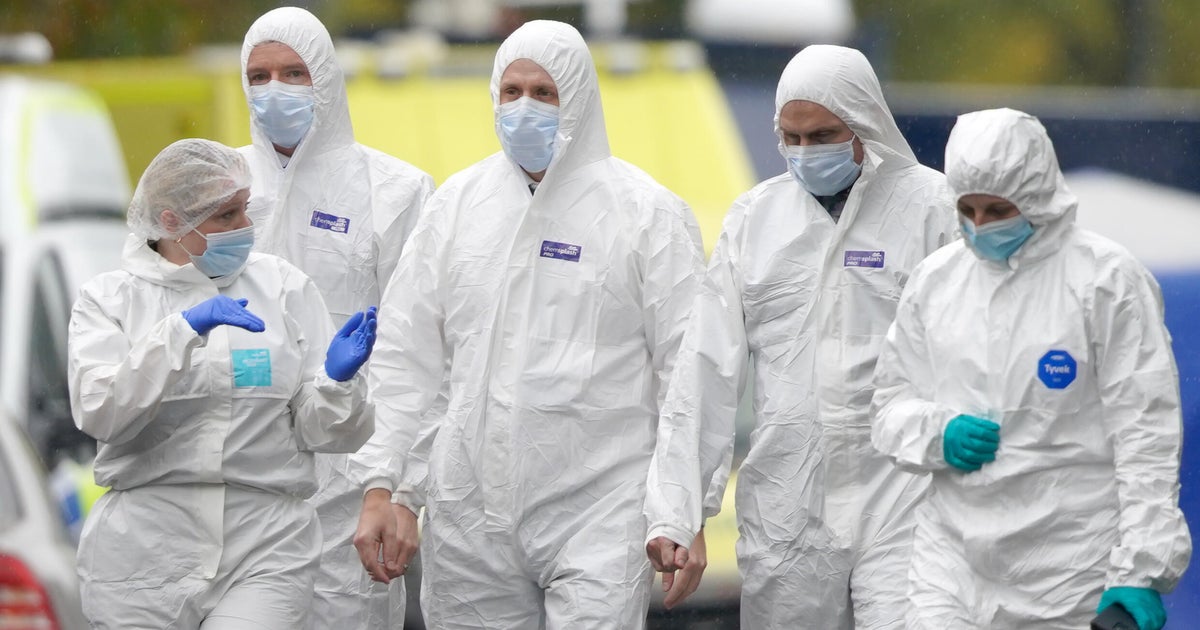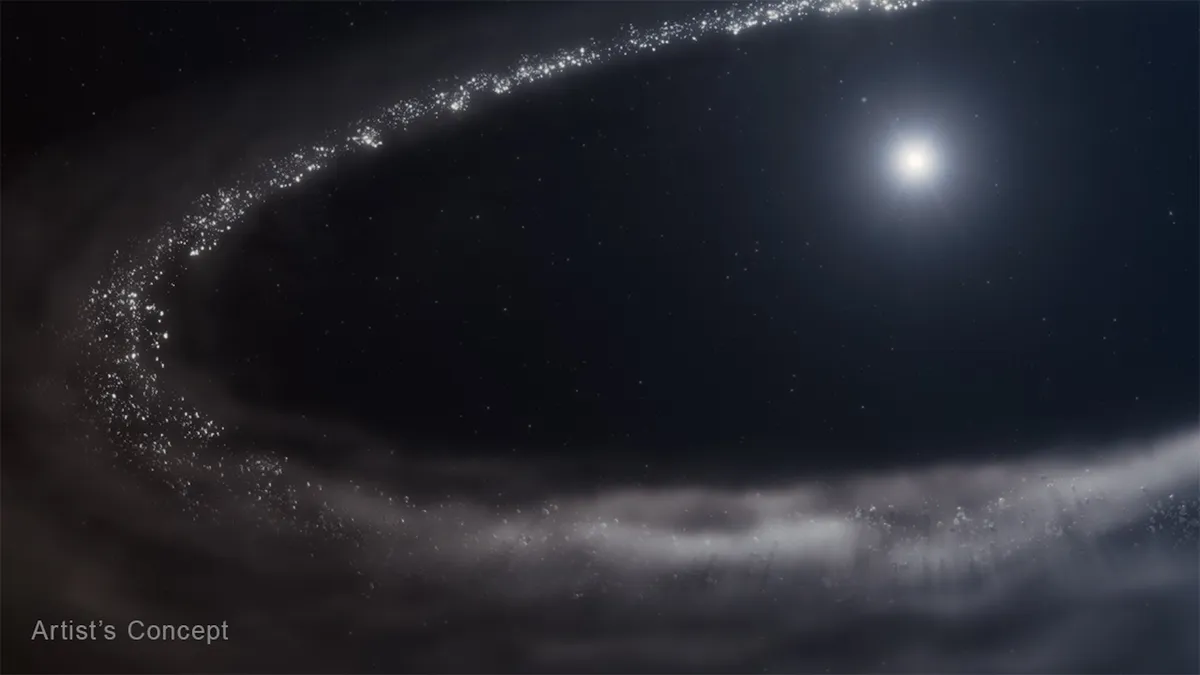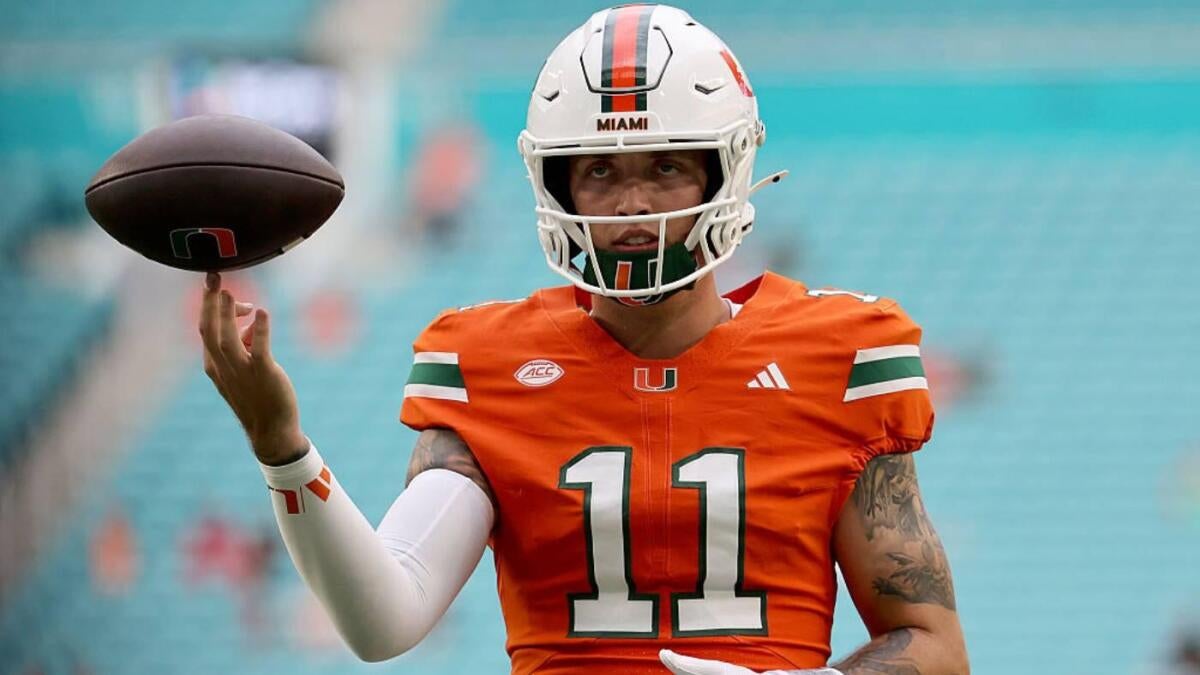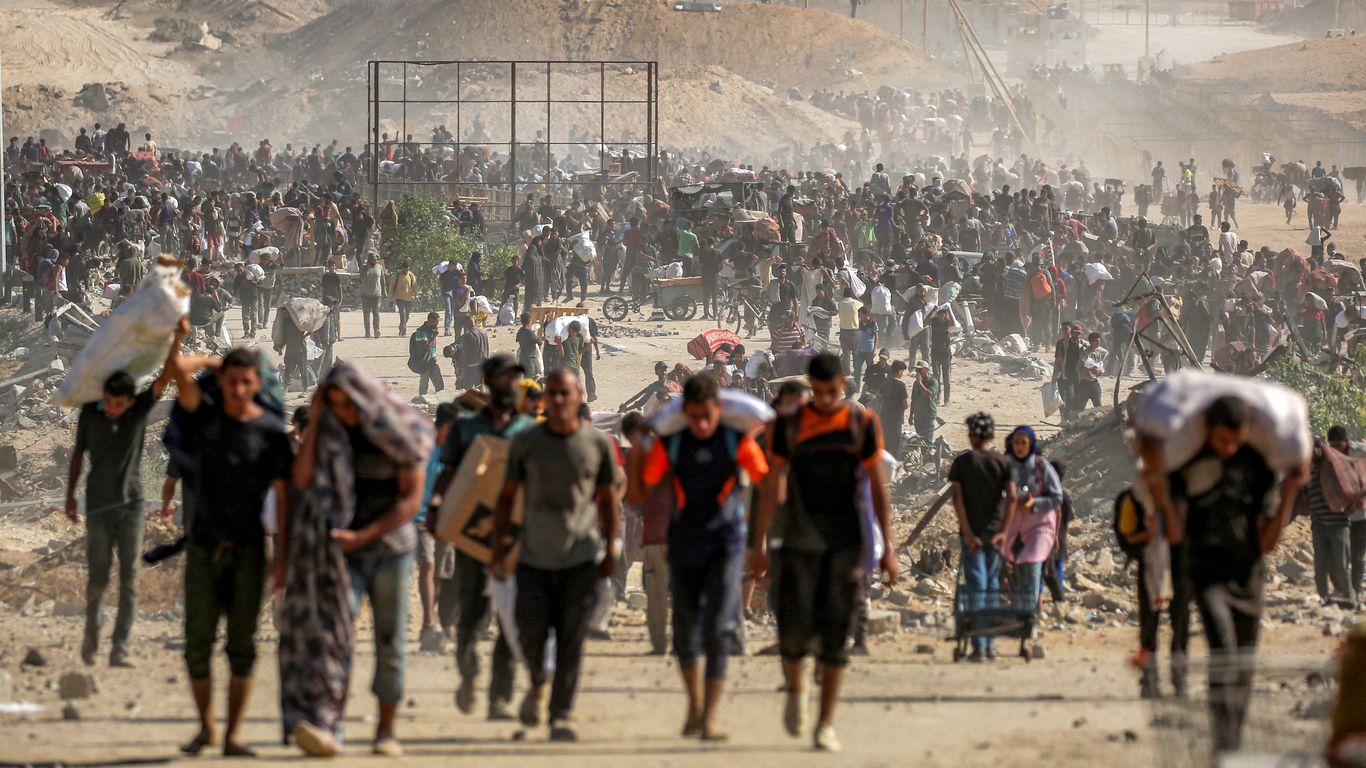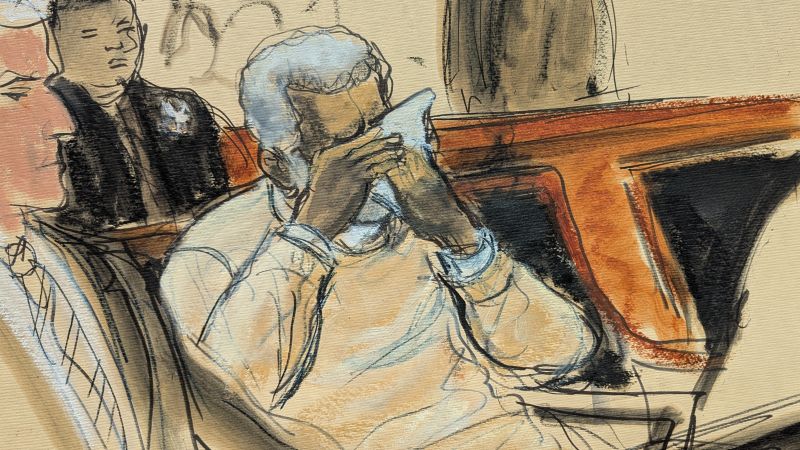Police on Saturday were questioning six people arrested on suspicion of terror offenses after an attack on a synagogue in northwest England that left two men dead and Britain's Jewish community shocked by the violence.
The attack occurred late Friday evening at the Manchester Hebrew Congregation synagogue in the city's Prestwich area, where worshippers had gathered for evening prayers. Witnesses described hearing loud bangs and seeing masked individuals entering the building before emergency services arrived.
Investigation Underway
Greater Manchester Police confirmed that two men in their 40s were pronounced dead at the scene, while three others sustained serious injuries and were transported to local hospitals. The injured victims are reported to be in stable condition.
"This is a deeply disturbing incident that has shocked our community," said Chief Constable Stephen Watson. "We are treating this as a terrorist incident and have deployed specialist counter-terrorism officers to lead the investigation."
The six suspects, ranging in age from 19 to 34, were arrested in coordinated raids across Manchester and neighboring areas. Police have not yet released their identities or nationalities, but sources indicate they include both British nationals and foreign citizens.
Community Response
Jewish community leaders have expressed outrage and fear following the attack. "This is the worst attack on a British synagogue in decades," said Rabbi Jonathan Romain, spokesperson for the Board of Deputies of British Jews. "Our community is devastated but determined to stand together."
Prime Minister Rishi Sunak condemned the attack in a statement, calling it "a cowardly act of terror against innocent worshippers." He pledged full government support for the investigation and increased security measures for Jewish institutions across the country.
Security has been heightened at synagogues and Jewish community centers throughout the UK, with additional police patrols and enhanced protective measures implemented in major cities including London, Birmingham, and Glasgow.
International Condemnation
The attack has drawn condemnation from international leaders, with Israeli Prime Minister Benjamin Netanyahu expressing solidarity with British Jews and offering assistance in the investigation. The European Jewish Congress called for increased security measures across Europe.
Manchester Mayor Andy Burnham urged residents to remain calm and vigilant, while emphasizing the city's commitment to diversity and religious tolerance. "Manchester will not be divided by hatred," he stated during a press conference outside the synagogue.
The investigation continues as authorities work to determine the motive and any potential connections to broader terrorist networks.


